We should all grow our own food and do our own waste processing, we really should
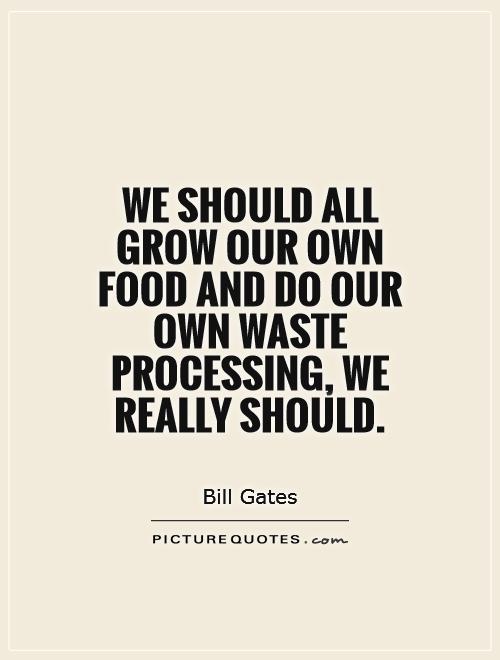
We should all grow our own food and do our own waste processing, we really should
Bill Gates, the co-founder of Microsoft and one of the wealthiest individuals in the world, has long been an advocate for sustainable living and environmental conservation. In recent years, he has become increasingly vocal about the importance of growing our own food and taking responsibility for our waste processing. Gates believes that these practices are not only beneficial for the environment, but also for our health and well-being.Growing our own food is a practice that has been gaining popularity in recent years, as more and more people become aware of the environmental and health benefits of eating fresh, locally grown produce. By growing our own food, we can reduce our carbon footprint, as we are not relying on food that has been transported long distances and produced using harmful chemicals. Additionally, growing our own food allows us to have more control over what we are putting into our bodies, ensuring that we are eating nutritious and pesticide-free produce.
In addition to growing our own food, Gates also emphasizes the importance of doing our own waste processing. The way we currently handle waste, particularly in developed countries, is unsustainable and harmful to the environment. Landfills are overflowing, oceans are becoming increasingly polluted with plastic waste, and greenhouse gas emissions from waste processing are contributing to climate change. By taking responsibility for our own waste processing, we can reduce the amount of waste that ends up in landfills and minimize our impact on the environment.
Gates has been a proponent of innovative waste processing technologies, such as composting and recycling, that can help us reduce our waste and turn it into valuable resources. Composting, for example, can turn food scraps and yard waste into nutrient-rich soil that can be used to grow more food. Recycling can help us reduce the amount of waste that ends up in landfills and conserve valuable resources.
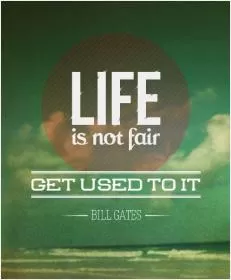



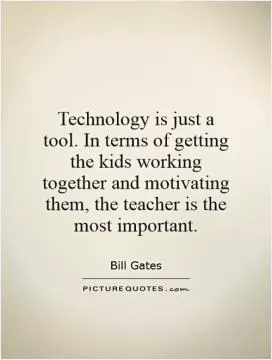
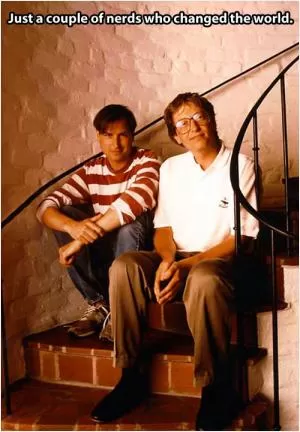


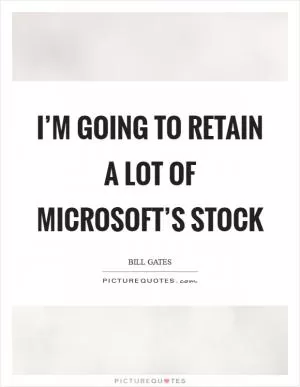

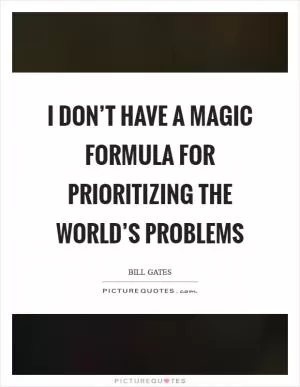

 Friendship Quotes
Friendship Quotes Love Quotes
Love Quotes Life Quotes
Life Quotes Funny Quotes
Funny Quotes Motivational Quotes
Motivational Quotes Inspirational Quotes
Inspirational Quotes